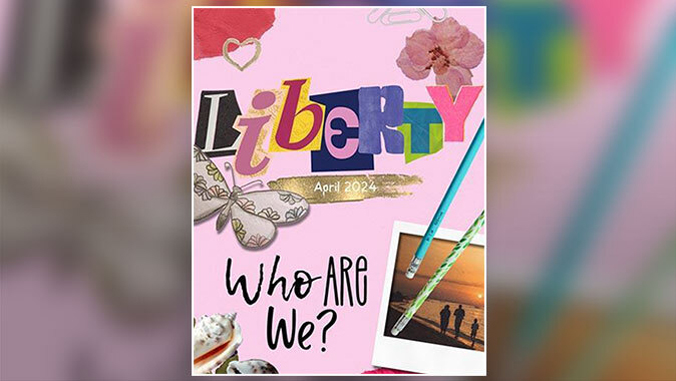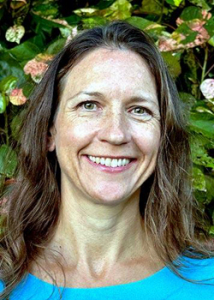
Colleen Rost-Banik has a theory about incarcerated women: They lead complex lives. The full-time sociology instructor in the University of Hawaiʻi at Mānoa College of Social Sciences said these individuals—prior to entering the criminal justice system—have experienced abuse or trauma. Also, many have been incarcerated for crimes resulting from core social problems such as poverty, addiction and mental illness.

“When it comes to crime, our society has been really slow to put what we know about human behavior and social issues into practice,” said Rost-Banik, who joined UH Mānoa in 2023 after teaching at Windward Community College. “How do we expect people pushed out of formal schooling, who aren’t able to find living wage jobs with healthcare benefits, and who are responsible for taking care of their children, to shoulder their stress without turning to substances or illicit work?
“Rather than addressing the root problems of society that lead to crime, our society has implemented heightened policing and harsher sentencing. This significantly increases incarceration nationwide as well as in Hawaiʻi, with Native Hawaiians and Pacific Islanders disproportionately represented in our jails and prisons.”
This sociological imbalance was a prime motivating factor behind the April 2024 newsletter Liberty: Who Are We? It is filled with poetry, art, quotes, testimonies and general creativity produced by about 11 residents at the Women’s Community Correctional Center (WCCC) in Kailua. WCCC is the only women’s prison on Oʻahu.
Student collaboration
While the contributors were the newsletter’s authors and artists, the publication’s editors or assemblers were Rost-Banik’s spring 2024 students in the Women and Crime class, cross-listed as SOC/WGSS (Women, Gender and Sexuality Studies) 435. About a third of the class, or 10 students, participated.
“Creating and publishing art is a privilege. Our group had infinite access to everything we could ever want, but our authors don’t,” said student Clarisa Wegesend. “Simple daily items such as pen and paper are taken away from them, limiting their creation to certain hours or days of the week. And these works, most likely, never would have been published unless people with privilege—like our professor and group—decided to work on it. This begs the question of when did we start viewing art as a privilege?”
It was no easy process for Rost-Banik to manifest the newsletter into reality, although similar projects had been approved before in Hawaiʻi by other ambitious instructors. At UH Mānoa in January 2023, Rost-Banik had worked with women at WCCC to start a voluntary, non-credit creative writing class. A year later in January 2024, the newsletter idea was embraced by her Women and Crime class, thanks to formal approval from the state Department of Corrections and Rehabilitation, and WCCC warden and chief of security.
To read the entire story, visit the UH Mānoa College of Social Sciences website.

